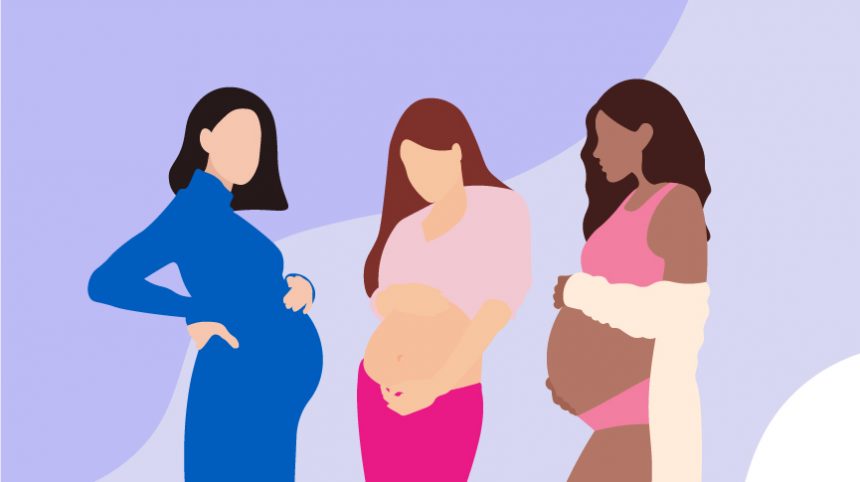Fertility technology has made incredible advancements, providing more options for those facing fertility issues or navigating parenthood as a queer couple or single person. One breakthrough in this field is egg donation, which involves using someone else’s eggs to help individuals become parents. However, the process of egg donation raises questions about why people choose to donate, the risks involved, and the eligibility criteria for donors.
There are various reasons why individuals may choose to donate their eggs, including financial compensation, the opportunity to help others start a family, advocacy for fertility issues, and the preservation of their own fertility. Some donors may benefit from both financial rewards and emotional fulfilment, making a significant impact on someone’s life. Eligibility requirements for egg donation typically include factors such as age, health, lifestyle, and genetic history.
The egg donation process involves a thorough screening process to ensure the donor meets specific clinic requirements. This includes medical, genetic, and psychological evaluations, as well as tests for infectious diseases and hormonal levels. The actual donation process involves hormone injections, monitoring appointments, and an egg retrieval procedure done under light anesthesia.
While egg donation is generally considered safe, there are potential risks such as side effects from hormone use, ovarian hyperstimulation syndrome, and internal organ damage. It is essential for potential donors to weigh the pros and cons, consider their motivations, and understand the potential risks before deciding if egg donation is the right choice for them. Consulting with mental health professionals and speaking to individuals who have undergone the process can also provide valuable insight into this decision. Ultimately, only the individual can determine if egg donation is the right path for them.





